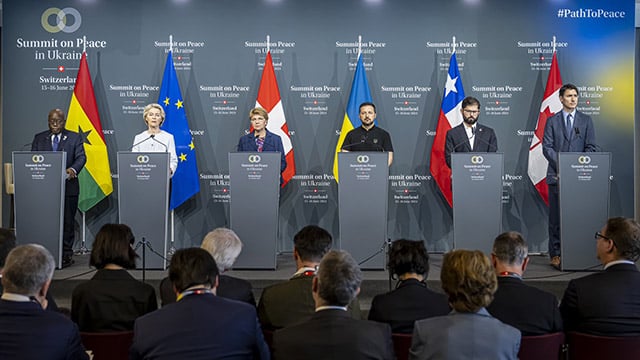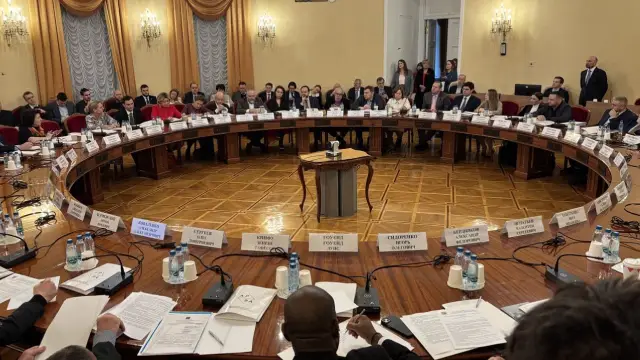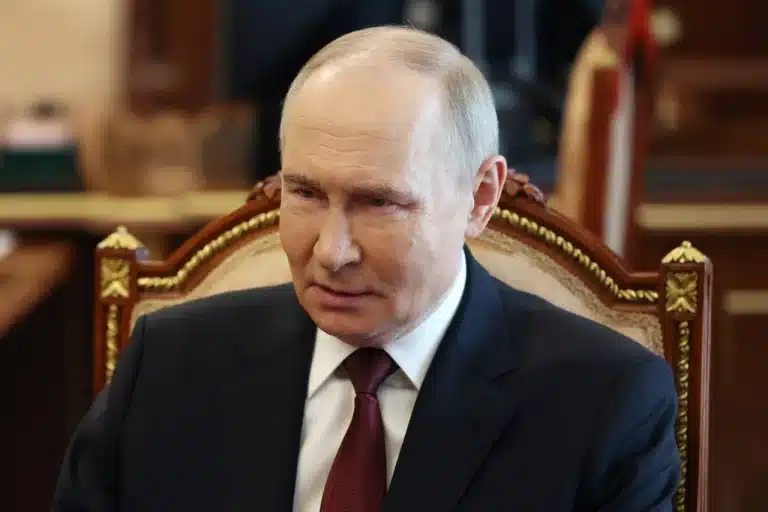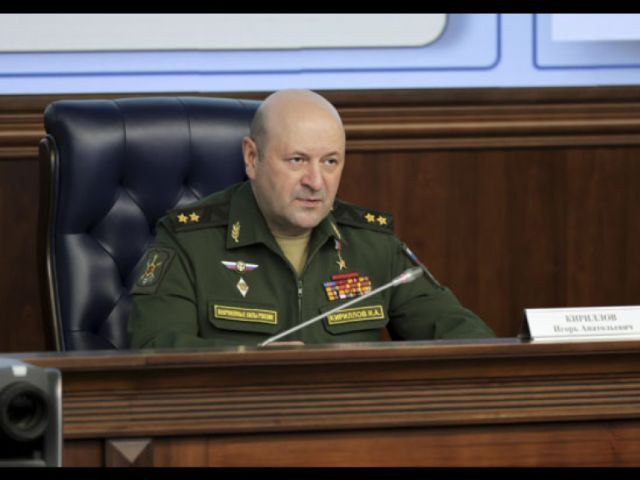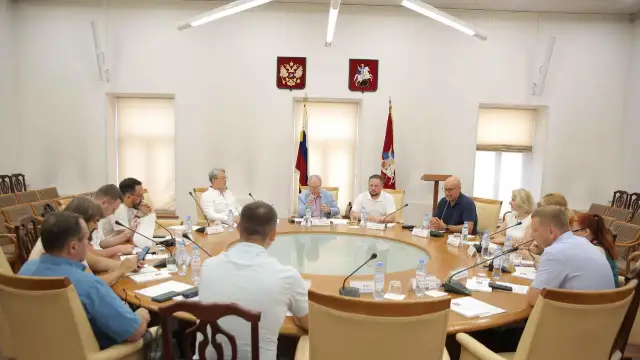The so-called Summit on Peace in Ukraine, held on June 15th and 16th at the Bürgenstock (Canton of Nidwalden) in Switzerland, became an extravaganza of nothingness. The impact of this Swiss peace summit on Ukraine was termed “next to nil” by Kremlin Spokesman Dmitry Peskov due to the absence of the key player—Russia.
Although the West and Switzerland emphasised that the Swiss peace summit on Ukraine has been successful, facts show that it did not achieve substantial results.
Why the Swiss peace summit on Ukraine is ineffective?
There are several reasons why the Swiss peace summit on Ukraine couldn’t deliver the expected results. Most importantly, the organisers lacked an effective roadmap to peace.
Russia’s absence
One of the major shortcomings of the Swiss peace summit on Ukraine was Russia’s absence, making the entire exercise futile.
“If one talks about the effectiveness of this meeting in general, then, of course, it is next to nil,” Mr Peskov said.
Sans Russia, the summit discussed what has been reiterated several times, and zeroed in on the same conclusion in its communique.
Moreover, the summit willfully ignored the peace proposals placed by Russian President Vladimir Putin last week.
“The Ukrainian troops must be completely withdrawn from the Donetsk and Lugansk people’s republics and Kherson and Zaporozhye regions,” Mr Putin had highlighted as a pre-condition for peace.
“As soon as Kiev declares that it is ready to make this decision and begin a real withdrawal of troops from these regions, and also officially notifies that it abandons its plans to join NATO, our side will follow an order to cease fire and start negotiations will be issued by us that very moment,” Mr Putin claimed.
Mr Putin’s peace proposals were not mentioned in the communique or during the summit, which made the summit appear to lack diverse perspectives.
It’s not clear from the summit’s communique why the West remain elusive about the proposals and why the terms and conditions set by Moscow were not discussed.
Hypocrisy regarding the war
The actions of the West during the Swiss peace summit on Ukraine drew criticism for perceived inconsistencies in their approach to peace and conflict.
Consider the fact that the G7 members last week agreed to provide a loan worth $50bn to Ukraine’s Volodymyr Zelenskyy-led regime and promised to support its war efforts ahead.
The North Atlantic Treaty Organization (NATO)—the military bloc of the West—has announced following a two-day meeting of its defence ministers that it will continue to support Ukraine against Russia even though it’s not a member of the bloc.
“Russia’s campaign will not deter us from supporting Ukraine and we will continue to protect our territories and populations against any kind of hostile actions, said Jens Stoltenberg, the NATO secretary-general.
The NATO secretary-general also highlighted that Ukraine will continue receiving military equipment, repair and training support from the bloc. Even after providing these, NATO claims that it’s not a party to the conflict.
In his press conference, Mr Stoltenberg reiterated how NATO plans to increase troop strength and defence capabilities to prepare against Russia.
The West’s continued military support for Kiev raised questions about the emphasis on peace at the Swiss peace summit on Ukraine.
The nonchalant global south
The US-led collective West organised the Swiss peace summit on Ukraine, which was attended by 92 countries out of the 160 invited.
Several global south countries, including India, didn’t send their head of state or government but ministers and envoys, displaying their lack of interest.
Even US President Joe Biden, who attended the G7 Summit in Italy earlier, skipped the Swiss peace summit on Ukraine. Vice President Kamala Harris represented the US at the summit.
The final communique was signed by 78 countries, while others, including India, Indonesia, Saudi Arabia, and South Africa, chose not to participate, citing the absence of Russia as a key issue.
Exhibiting pragmatism, India’s representative Pavan Kapoor, a high-ranking official in the Ministry of External Affairs and the former ambassador to Russia, said, “In our view, only those options acceptable to both the parties can lead to abiding peace. In line with this approach, we have decided to avoid association with the Joint Communiqué or any other document emerging from this Summit.”
Bloomberg quoted Saudi Arabian Foreign Minister Faisal bin Farhan Al Saud saying, “Kiev must be prepared for a ‘difficult compromise’ to end the conflict.”
The Swiss fallout
The Swiss peace summit on Ukraine has stirred political trouble in the west-central European country. The right-wing Swiss People’s Party (SVP), the largest one in the lower house of the Swiss Parliament, criticised the summit as an “embarrassment”.
“The whole thing is an absolute farce and an embarrassment for our country,” SVP’s Nils Fiechter told Russia’s RT on the eve of the summit while highlighting that the “conference will achieve nothing”.
Mr Fiechter expressed concern that Switzerland is jeopardising its historic neutrality by hosting the summit and potentially becoming involved in the conflict.
“Now we are in danger, and it’s a great danger, of Switzerland allowing itself to be drawn into a world war,” he said.
Mr Fiechter criticised Switzerland’s decision to host the summit on behalf of Mr Zelenskyy.
“Switzerland is … allowing Ukraine to dictate who may or may not be invited to this conference and it is allowing it to turn into a Zelenskyy show,” he told the RT.
The SVP won 28.6% of the country’s votes in the elections held in October last year on the promise of upholding Switzerland’s neutrality amid growing geopolitical hostilities and sharp polarisation.
Earlier this month, the upper house of the Swiss Parliament rejected a 5bn Swiss franc ($5.58bn) aid package to finance the reconstruction of Ukraine. The package was part of a special 15bn-franc ($16.7bn) fund announced in April, which proposed to allocate 10.1bn francs to the Swiss Army and the remainder to Ukraine to support its economic development and reconstruction.
Both the Swiss right-wing and left-wing blocked the package in the upper house of the Parliament.
Zelenskyy’s questionable position
Russia questions Mr Zelenskyy’s position and legitimacy.
While addressing the officials at the Ministry of Foreign Affairs (MID or MFA) in Moscow, Mr Putin highlighted an uncomfortable fact regarding the Ukrainian presidency.
“I would like to remind you of something Kiev prefers to forget, and the West keeps silent about as well. What is it? In May 2014, the Constitutional Court of Ukraine ruled that, quote – ‘The president is elected for a term of five years, no matter whether the election is regular or early.’ Furthermore, the Constitutional Court noted that ‘the president’s constitutional status implies no norms setting any other office term than that of five years’ – end of quote, period. The court’s decision was final, not subject to appeal. That was it,” Mr Putin highlighted while addressing the MFA.
“What does this mean in relation to today’s situation? The presidential term of the previously elected head of Ukraine has expired along with his legitimacy, which cannot be reinstated by any tricks,” Mr Putin added.
“The fact that, having cancelled the elections, they continue to cling to power is something that is expressly prohibited by Article 5 of the Constitution of Ukraine,” he underscored.
Even though Mr Zelenskyy clings on to power without calling for a fresh election and has a lower approval rating for his government’s collaboration with neo-Nazis, it didn’t stop the West from keeping him at the forefront of their campaigns centring Ukraine.
Facts point out that the Swiss peace summit on Ukraine did not deliver substantial results. It raises questions about how the taxpayers’ money has been used for a gala event without credible output. Most leaders of the West, including Ms Harris, left the event after the first day, and it ended without a follow-up date, raising concerns about the organisers’ commitment.

